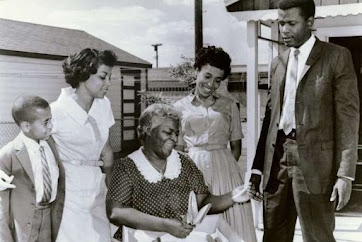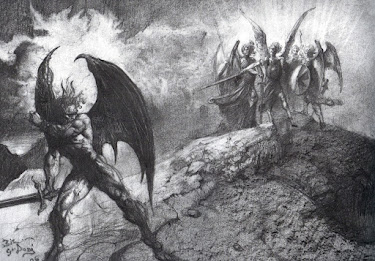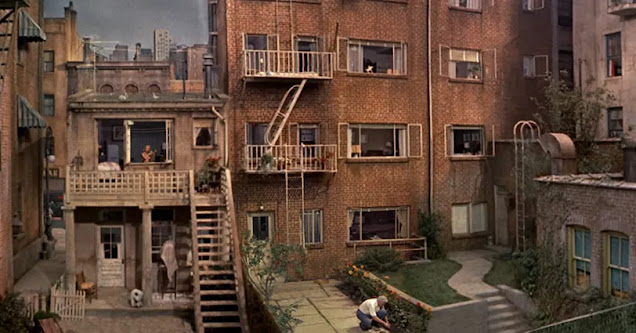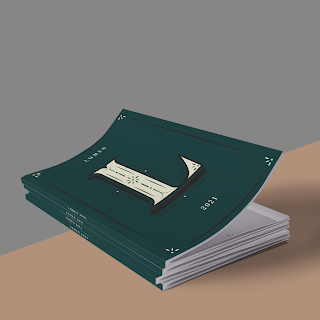The Final Post
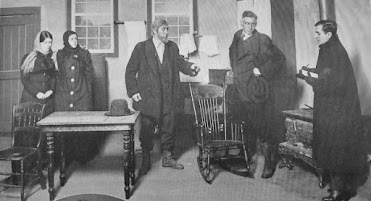
Well, everyone, I suppose this is it. The very last blog post. Unlike in The Final Problem , by Sir Arthur Conan Doyle (whose works I've themed my titles on), I'm not meeting a watery "doom" vanquishing my arch-nemesis. I have, however, battled a few enemies this semester, conquering them— in my own way, of course. Presenting in front of people has always been a fear of mine, and it used to be far worse in high school. I would seize in front of a class, legs shaking, hands and voice trembling, as I detailed whatever it was I needed to convey. It was a nightmare. I've made vast improvements since then, and depending on the situation, I may not feel very anxious at all. The Lumen events and the presentation in this class both helped to bring me a little further out of my shell. I'm also normally quite shy in class discussions, which I'm pleased to say was not the case in our English course. I may not have been making accurate points all of the time, but I ...
